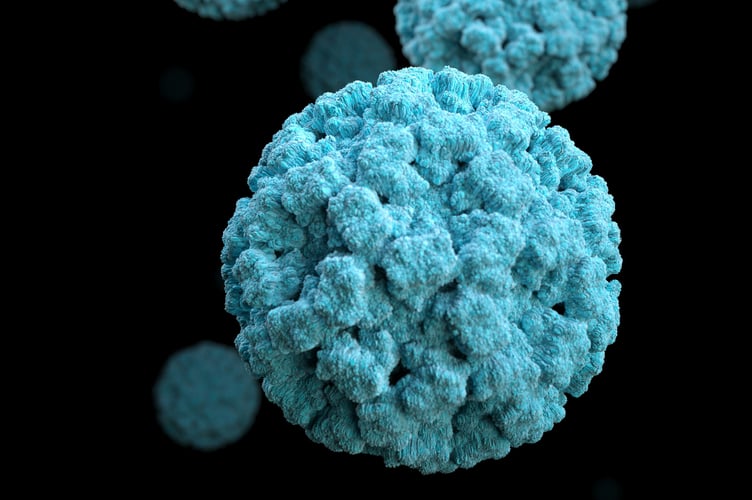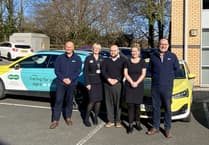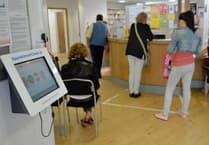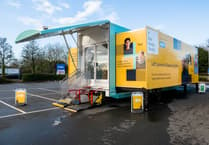Researchers at Royal Cornwall Hospitals NHS Trust are seeking participants for a clinical trial to see if a vaccine could protect adults against the symptoms caused by the norovirus stomach bug.
Norovirus is one of the most common causes of stomach bugs in the UK, with symptoms including sudden nausea, vomiting, diarrhoea, stomach pain, tiredness, muscle pains and fever. These can last up to three days.
There is currently no vaccine to protect against norovirus, and the Nova 301 Trial is looking to recruit 25,000 people globally to help see if one could be developed.
Those taking part must be aged over 18 years, in good health and with no current chronic gastrointestinal disease (including irritable bowel syndrome, colitis, oesophageal reflux and any other medical condition with regular vomiting or diarrhoea).
Participants will receive either an investigational vaccine or a placebo jab. The trial will last for up to 25 months, with up to seven scheduled clinic visits at the Royal Cornwall Hospital in Truro or Derriford Hospital in Plymouth.
The trial team will make sure participants understand important details including what the trial involves and any potential risks. Participants will be reimbursed for trial-related time and expenses such as travel.
This is a Phase 3 clinical trial, evaluating an investigational vaccine in a large group of people before it is made available for public use, subject to approval from the UK Medicines and Healthcare products Regulatory Agency.
The investigational vaccine and trial programme have been developed by Moderna, and are being supported by the National Institute for Health and Care Research (NIHR) at 27 NHS primary and secondary care sites.
Professor Michael Gibbons at NIHR South West Peninsula Regional Research Delivery Network, said: “Norovirus spreads very easily from person to person, via food or contaminated surfaces, so once it takes hold, it can be very difficult to get rid of, especially in settings like care homes, hospitals and schools.
“While most people recover well in a few days, more vulnerable groups are more likely to need medical support or higher levels of care.”





Comments
This article has no comments yet. Be the first to leave a comment.